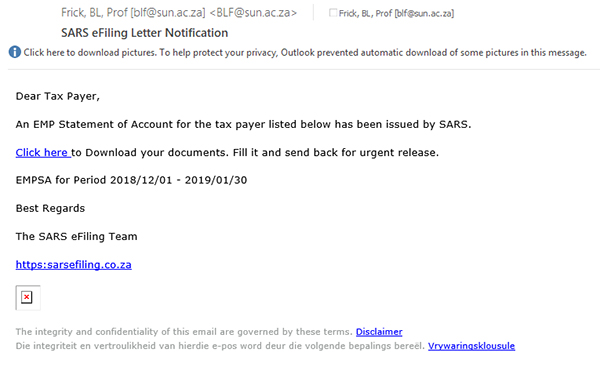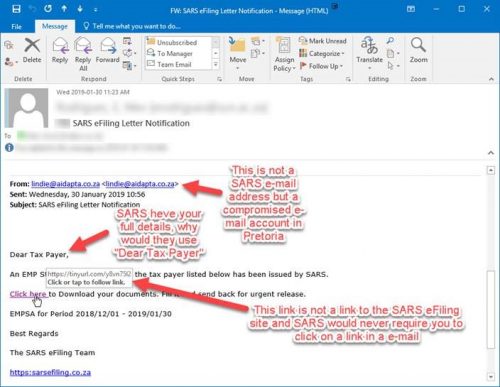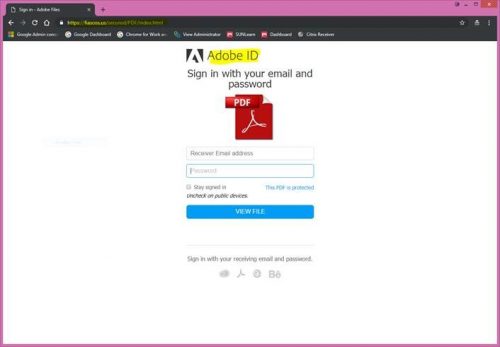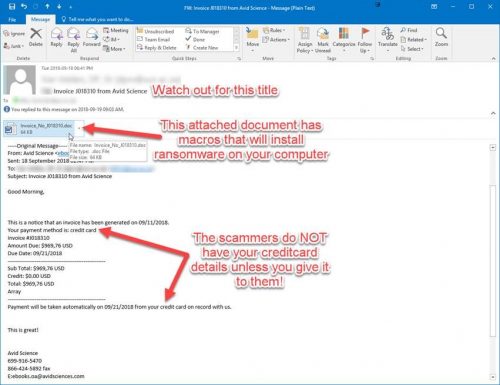 As staff and students of the University, we use our sun emails every day. But did you know that every year when you reactivate your account, you also agree to the Electronic Communication Policy?
As staff and students of the University, we use our sun emails every day. But did you know that every year when you reactivate your account, you also agree to the Electronic Communication Policy?
The ECP explains the acceptable and unacceptable use of the University’s electronic communication facilities, which include the internet and email. (read the full ECP policy here) According to the ECP, point 3.1.3: “The User shall be responsible for using the Facilities only for the purpose for which the User has been authorised.”
IT facilities and resources are provided to advance the mission of the University. This includes learning, teaching, research, knowledge transfer, public outreach, the commercial activities of the University, or the administration necessary to support all of the above.
The email system is to be used for legitimate institutional purposes only, therefore the use of IT facilities for non-University commercial purposes, or for personal gain, is a violation of this policy. You may not use the IT Facilities to advertise any trade, service or profession not endorsed by the University.
Unfortunately, it’s come under our attention that some staff use their sun email address to distribute information regarding beauty products, Tupperware, etc. and acting as agent for the sale of these products. Any bulk unsolicited mail or commercial advertising of other businesses are not allowed on the University network.
If you need to send personal emails, rather consider getting a free email account, for example, Gmail. Separating your business and personal activities is also better security practice in the long run and will protect you and the University network. However, if you use your sun address for personal activities, keep in mind that the University owns any communication sent via email. If needed, University management has the right to access any material in your email or on your computer.





